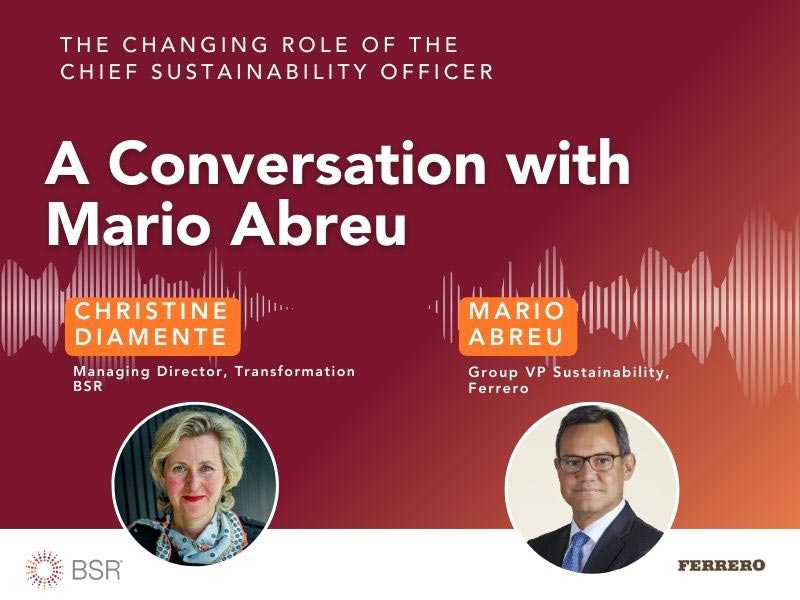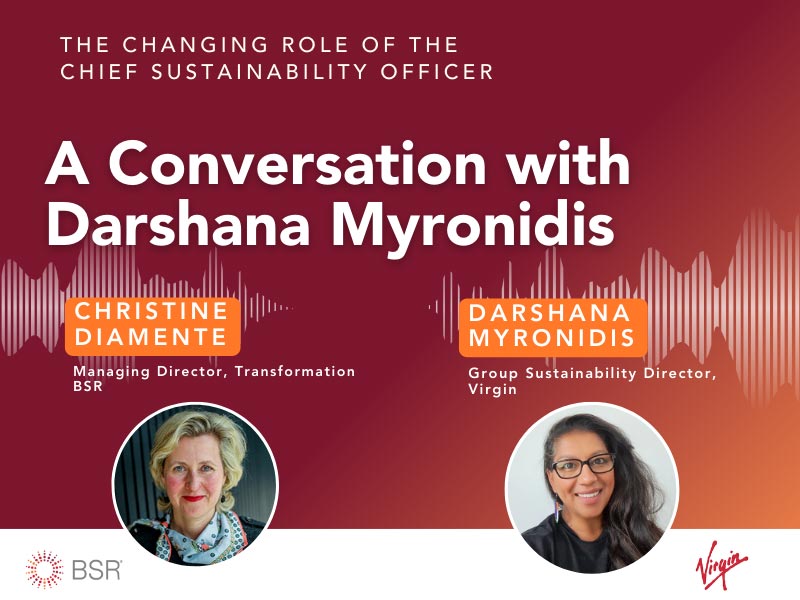
iStockphoto / Natee Meepian
Authors
We are living through a time of tremendous external disruption, technological innovation, and increased political, social, and climate risk. As a result of this ongoing disruption, we are seeing increased mergers and acquisitions (M&A) activity as companies seek to buy into the latest innovation, to disrupt the competition—or to prevent being disrupted by the competition.
Already this year, we have witnessed high-profile mergers take place in multiple industries, including media (AT&T and Time Warner), pharmaceuticals (AbbVie and Allergan), and mining (Newmont Mining and Goldcorp).
These mergers can have a huge impact on the state of environmental, social, and governance (ESG) affairs for the companies involved. At a time when employees and customers are calling for companies to take stands on social issues and investors, like BlackRock’s Larry Fink, are stressing the value of “purpose,” a company’s ESG performance is more important than ever. Companies can and should strive to integrate ESG considerations throughout the M&A process from initial due diligence through implementation after the merger.
As business leaders across industries pursue M&A activity, there will be substantial ESG opportunities and risks for the companies involved: opportunities to create more ambitious and resilient sustainability strategies, accompanied by risks that ESG objectives will be sidelined by overwhelming pressures to create short-term value.
BSR has developed a primer, Managing ESG through a Merger, to help Chief Sustainability Officers (CSOs), their teams, and internal allies navigate the M&A process to leverage and enhance ESG-related programs and priorities.
A successful merger requires integration of culture, strategy, and processes—and a company with a resilient sustainability strategy will be better positioned to integrate ESG elements accordingly.
The primer serves as a guide for CSOs and sustainability teams, who may find themselves faced with a range of scenarios:
- Company A bids to acquire Company B, but it is rejected by Company B’s Board due to a lack of commitment to ESG or sustainability. How can Company A avoid this in the future?
- One company has nascent sustainability efforts while the other has a robust sustainability program—how can the merger create an opportunity to elevate the newly formed company up to the higher standards?
- A smaller, sustainability-oriented brand is bought by a larger company—how can the executives ensure that the sustainability commitments, credibility, and progress will continue?
- A larger company intentionally buys a sustainable brand to incubate more sustainable processes or products—how can they replicate those learnings across other parts of the business?
- Two companies with significant investments in ESG merge—how can they combine their efforts, teams, and data in a meaningful way?
A successful merger requires integration of culture, strategy, and processes—and a company with a resilient sustainability strategy will be better positioned to integrate ESG elements accordingly.
It’s important to note that it’s fully expected that the executive management team leading the merger process will prioritize legal and financial issues at play. This still creates an opportunity for CSOs and internal sustainability champions to step in and ensure that ESG considerations are integrated into management’s priorities, particularly during due diligence leading up to the merger. By understanding and acting on the key considerations outlined in our primer, sustainability teams can employ processes that more effectively considers ESG issues, mitigating the reputational and financial risk associated with potential ESG crises and positioning the company to build competitive advantage through better integration of its sustainability strengths.
The new climate for business is one of technological, geopolitical, and climate disruption. It is also one where ESG plays a key role in defining a company’s reputation and culture. As mergers become an increasingly popular business tactic in this climate, business leaders who value sustainability have much to consider. To learn more about how BSR can support your company during the M&A process, please connect with us.
Topics
Let’s talk about how BSR can help you to transform your business and achieve your sustainability goals.








